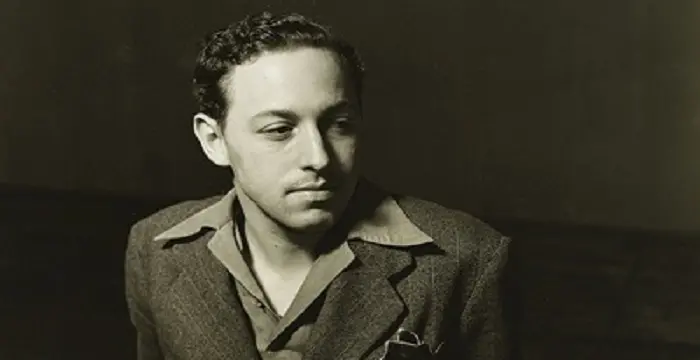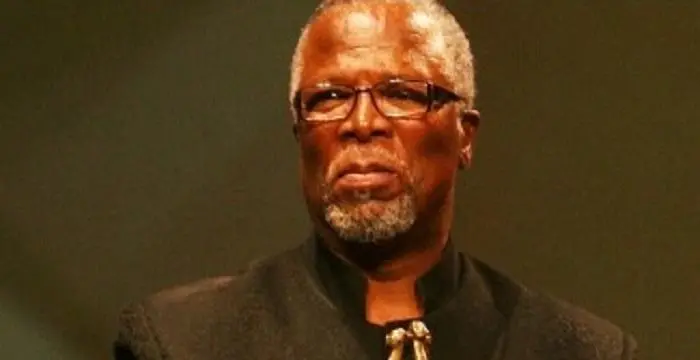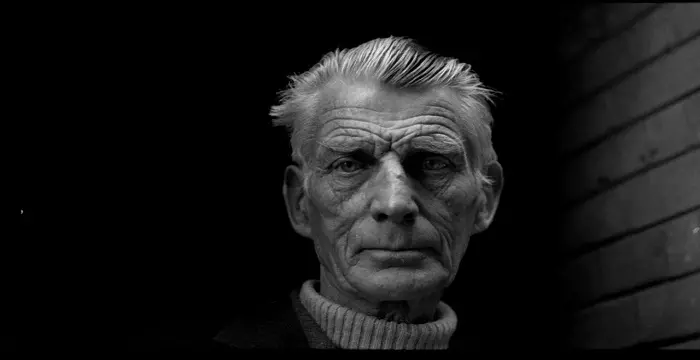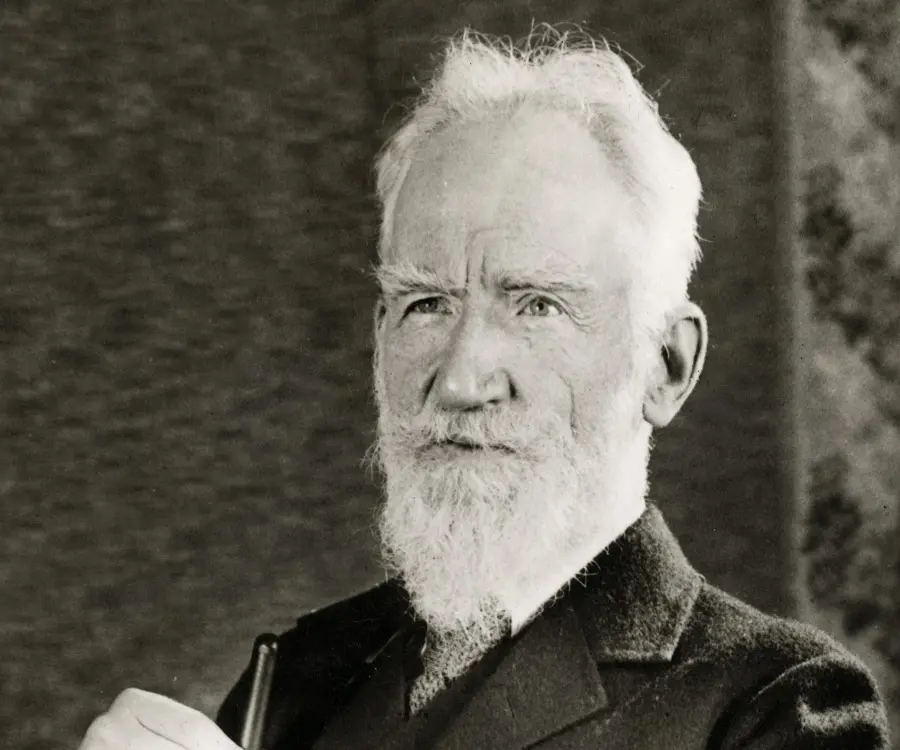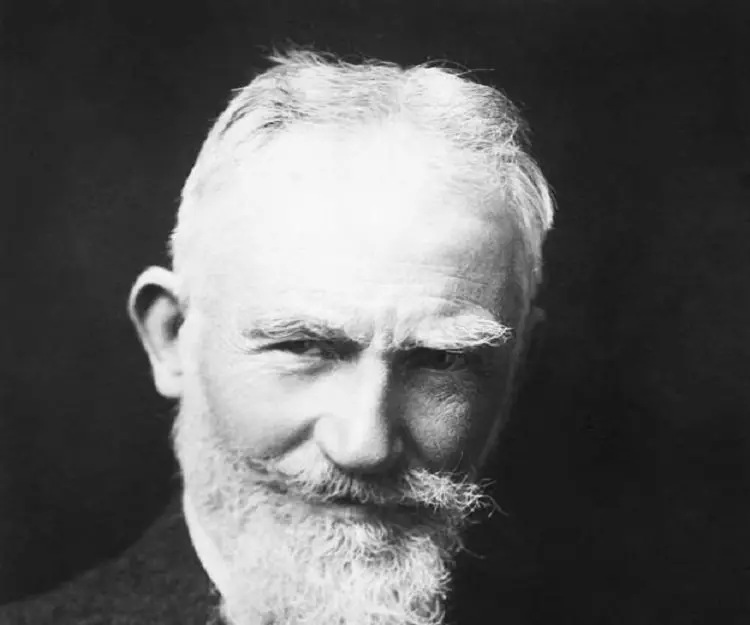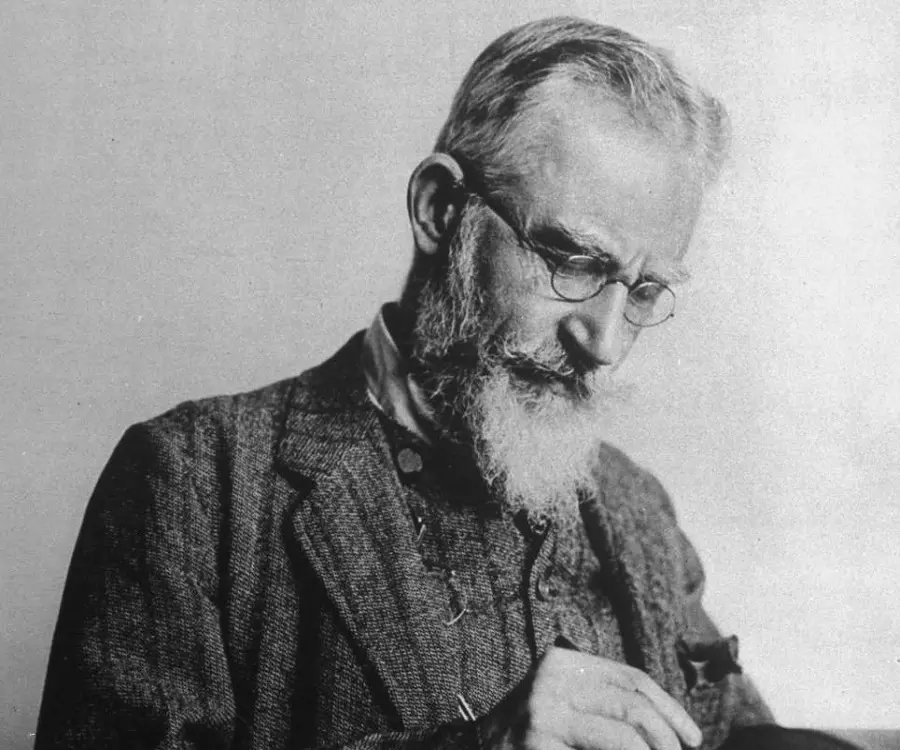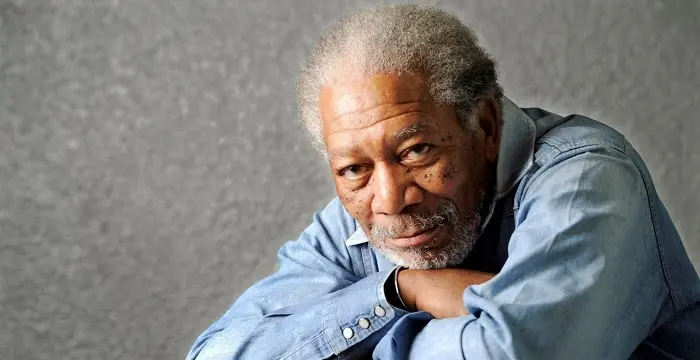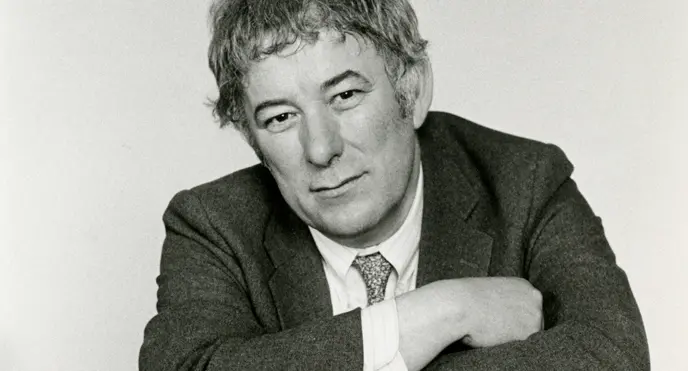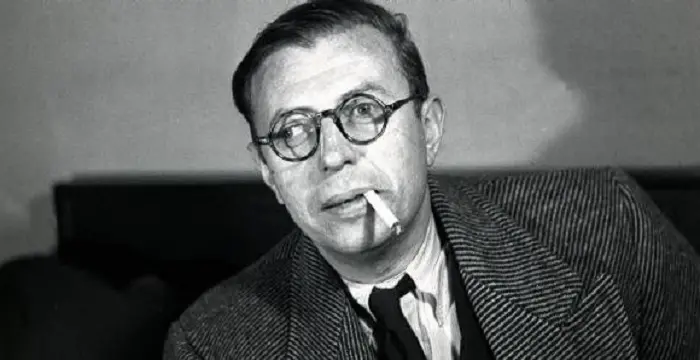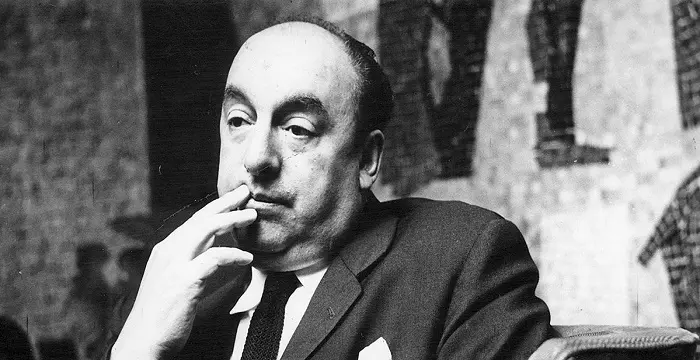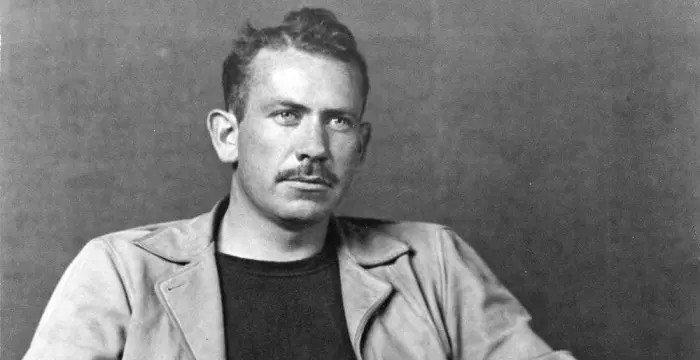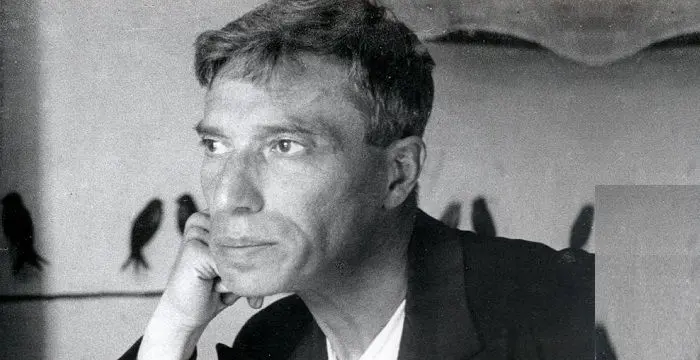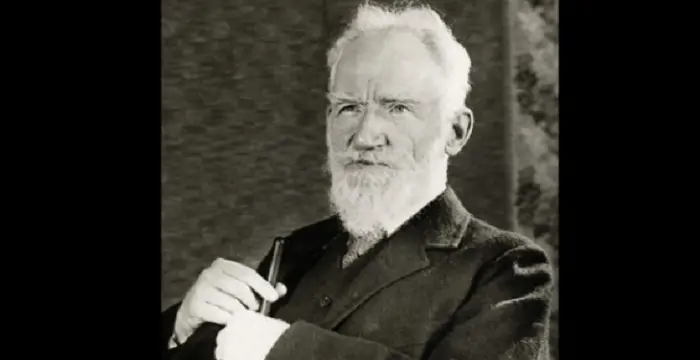
George Bernard Shaw - Writers, Family and Childhood
George Bernard Shaw's Personal Details
George Bernard Shaw was an Irish playwright, literary critic and a fervent socialist who received the Nobel Prize in Literature in 1925.
| Information | Detail |
|---|---|
| Birthday | July 26, 1856 |
| Died on | November 2, 1950 |
| Nationality | Irish |
| Famous | Atheists, Nobel Laureates In Literature, Writers, Playwrights |
| Spouses | Charlotte Payne-Townshend |
| Siblings | Elinor Agnes Shaw, Lucinda Frances Shaw |
| Known as | Bernard Shaw |
| Universities |
|
| Founder / Co-Founder |
|
| Birth Place | Dublin |
| Height | 188 |
| Gender | Male |
| Father | George Carr Shaw |
| Mother | Lucinda Elizabeth Shaw |
| Sun Sign | Leo |
| Born in | Dublin |
| Famous as | Playwright |
| Died at Age | 94 |
// Famous Playwrights
Tennessee Williams
Tennessee Williams was one of the greatest playwrights of the 20th century. This biography of Tennessee Williams provides detailed information about his childhood, life, achievements, works and timeline.
John Kani
John Kani is a South African actor, voice actor, playwright and director. Check out this biography to know about his birthday, childhood, family life, achievements and fun facts about him.
Samuel Beckett
Samuel Beckett was an Irish playwright, novelist, theatre director and poet. This biography profiles his childhood, life, works, achievements and timeline
George Bernard Shaw's photo
Who is George Bernard Shaw?
George Bernard Shaw was an Irish playwright, literary critic and a fervent socialist who won the Nobel Prize in Literature in 1925. Born into a lower-middle class family in Dublin to an alcoholic father, George Bernard Shaw had a an irregular education and started working at the age of 15. After serving as a junior clerk for a while, Shaw moved to London to live with his mother and began writing plays and novels.to pursue a career in literature. Later, he established himself as an art and theatre critic, and also became a prominent member of the Fabian Society, a highly dominant British socialist organization. Most of his early plays focused on existing social problems and were not well-received by the audience but from 1895 onwards, Shaw’s work started gaining public recognition due to its comic relief. Some of his plays during this period such as ‘Caesar and Cleopatra’, ‘Major Barbara’, ‘The Doctor's Dilemma’, ‘Saint Joan’ and ‘Pygmalion’ received much appreciation and proved to be some of his greatest successes on the stage. Being an outright socialist, Shaw openly expressed his disapproval regarding the First World War, facing criticism for his opinions but after the war, he returned as a dramatist and was honored with the Nobel Prize in Literature for his outstanding contribution. He lived the rest of his life as an international celebrity, continually involved in dramatics until his death. Shaw still remains one of the most significant playwrights in the English language who helped shape the theatre of his time.
// Famous Writers
Joyce Meyer
Joyce Meyer is a Christian author and speaker. This biography provides detailed information about her childhood, life, achievements, works & timeline
Temple Grandin
Temple Grandin is a well-known American writer, autistic activist and animal expert. This biography profiles her childhood, life, achievements, career and timeline
Tennessee Williams
Tennessee Williams was one of the greatest playwrights of the 20th century. This biography of Tennessee Williams provides detailed information about his childhood, life, achievements, works and timeline.
Childhood & Early Life
George Bernard Shaw was born on July 26, 1856, in Dublin, Ireland, to George Carr Shaw, a civil servant, and Lucinda Elizabeth Gurly Shaw, an aspiring singer and music teacher. He was the third and youngest child in the family with two elder sisters.
He had an irregular education because he disliked any organized training. After receiving early tuitions from his clerical uncle, he attended several local schools but eventually ended his formal education. Subsequently, he developed an interest towards art and literature due to his mother’s influence.
In 1872, his mother left her husband and moved to London to live with her music teacher and longtime lover George Vandeleur Lee. She also took bother her daughters with her. Meanwhile George Bernard Shaw stayed back in Dublin with his father and worked as a land agent in a estate office. But, he was not content with his job.
In 1876, Shaw moved to London with her mother and decided to pursue a career in writing and journalism.
For the next few years, Shaw spent most of his time in the British Museum reading room and wrote several novels but was unable to get them published. During this period, he struggled financially and suffered constant embarrassment while living off of his mother and sister.
Career
While failing in the attempt to become a novelist, George Bernard Shaw gravitated towards progressive politics and became a socialist spokesperson. Thereafter, he embraced socialism and joined the ‘Fabian Society’, a socialist political organization dedicated to transforming the English society.
Shaw lectured for the Fabian Society and wrote pamphlets on the progressive arts, later getting involved in most of its activities. Meanwhile, in 1885, he found steady journalism work as a book reviewer as well as an art critic.
In 1895, he was appointed to the Saturday Review as theatre critic, where he served until his resignation due to illness in 1898. In the meantime, he wrote several plays but failed to convince the theatre managers to produce them.
In 1904, H. G. Barker and J.E. Vedrenne managed a successful production of Shaw's play titled ‘Candida’ at the Royal Court Theatre in London. Its success prompted them to form a partnership with Shaw, who wrote several plays for them over the next few years, resulting in a series of brilliant productions.
By 1910, Shaw had established himself as a playwright through his marvelous works including ‘John Bull’s Other Island’ (1904), ‘Major Barbara’ (1905), and ‘The Doctor’s Dilemma’ (1906).
In 1914, at the outbreak of World War I, Shaw’s popularity declined considerably after he published an essay titled ‘Common Sense about The War’, describing the war as a tragic waste of young lives under the guise of patriotism. The essay met with much criticism and proved to be a disaster for his social stature.
After the war, Shaw re-established himself as a dramatist and in 1921, he wrote a series of five plays under the collective title ‘Back to Methuselah’ based on the human evolution. In 1923, he followed it with the publication of another play titled ‘Saint Joan’.
During the next decade, he continued to work as a playwright and some of his dramas include ‘The Apple Cart’ (1929), ‘Too True to Be Good’ (1931), and ‘On the Rocks’ (1933).
Following the Second World War, he produced several more plays such as ‘Farfetched Fables’ (1948), ‘Shakes Versus Shav’ (1949), and ‘Why She Would Not’ (1950). A dramatist throughout his life, Shaw continued to work until his death.
Major Works
In 1912-13, Shaw came up with his most popular play, a comical masterpiece titled ‘Pygmalion’, a gentle comedy about love and the English class system. Pygmalion was a great success and achieved further fame when it was later made into a film, in 1938, for which Shaw wrote the screenplay, winning an Oscar for his work. The play was also adapted into an immensely famous musical titled ‘My Fair Lady’ (1956).
Awards & Achievements
In 1925, George Bernard Shaw was awarded the Nobel Prize for Literature for his pioneering contribution to the field.
In 1938, Shaw shared an Academy Award for the Best Adapted Screenplay category for the film adaptation of his most popular play ‘Pygmalion’ (1912-13).
Personal Life & Legacy
In 1898, George Bernard Shaw married Charlotte Payne-Townshend, an Anglo-Irish heiress and a feminist who joined the Fabian Society. The marriage was a happy one although the couple had no children together.
Shaw died on November 2, 1950, at his home in Ayot St. Lawrence in Hertfordshire, England, due to renal injuries which he incurred upon falling off a ladder while trimming a tree. He was cremated at the Golders Green Crematorium.
// Famous Atheists
Morgan Freeman
Morgan Freeman is an Academy Award winning actor known for his work in movies like ‘Street Smart’, ‘Driving Miss Daisy’ and ‘Million Dollar Baby’. This biography provides detailed information about his childhood, life, achievements, works & timeline.
Robert Smith
Robert Smith is an English musician and the lead singer of the British rock band, ‘The Cure.’ This biography of Robert Smith gives detailed information on his profile, childhood, life and timeline.
Jack Black
Jack Black is a renowned American actor-producer and voice artist. Explore this biography to learn more about his profile, childhood, career and timeline
George Bernard Shaw's awards
| Year | Name | Award |
|---|---|---|
Other | ||
| 0 | 1925 - Nobel Prize in Literature | |
| 0 | 1939 - Academy Award for Best Writing Adapted Screenplay - Pygmalion | |
| 0 | 1952 - New York Drama Critics' Circle Special Citation - Don Juan in Hell | |
George Bernard Shaw biography timelines
- // 26th Jul 1856George Bernard Shaw was born on July 26, 1856, in Dublin, Ireland, to George Carr Shaw, a civil servant, and Lucinda Elizabeth Gurly Shaw, an aspiring singer and music teacher. He was the third and youngest child in the family with two elder sisters.
- // 1872In 1872, his mother left her husband and moved to London to live with her music teacher and longtime lover George Vandeleur Lee. She also took bother her daughters with her. Meanwhile George Bernard Shaw stayed back in Dublin with his father and worked as a land agent in a estate office. But, he was not content with his job.
- // 1876In 1876, Shaw moved to London with her mother and decided to pursue a career in writing and journalism.
- // 1885Shaw lectured for the Fabian Society and wrote pamphlets on the progressive arts, later getting involved in most of its activities. Meanwhile, in 1885, he found steady journalism work as a book reviewer as well as an art critic.
- // 1895 To 1898In 1895, he was appointed to the Saturday Review as theatre critic, where he served until his resignation due to illness in 1898. In the meantime, he wrote several plays but failed to convince the theatre managers to produce them.
- // 1898In 1898, George Bernard Shaw married Charlotte Payne-Townshend, an Anglo-Irish heiress and a feminist who joined the Fabian Society. The marriage was a happy one although the couple had no children together.
- // 1904In 1904, H. G. Barker and J.E. Vedrenne managed a successful production of Shaw's play titled ‘Candida’ at the Royal Court Theatre in London. Its success prompted them to form a partnership with Shaw, who wrote several plays for them over the next few years, resulting in a series of brilliant productions.
- // 1912 To 1938In 1938, Shaw shared an Academy Award for the Best Adapted Screenplay category for the film adaptation of his most popular play ‘Pygmalion’ (1912-13).
- // 1914In 1914, at the outbreak of World War I, Shaw’s popularity declined considerably after he published an essay titled ‘Common Sense about The War’, describing the war as a tragic waste of young lives under the guise of patriotism. The essay met with much criticism and proved to be a disaster for his social stature.
- // 1921 To 1923After the war, Shaw re-established himself as a dramatist and in 1921, he wrote a series of five plays under the collective title ‘Back to Methuselah’ based on the human evolution. In 1923, he followed it with the publication of another play titled ‘Saint Joan’.
- // 1925In 1925, George Bernard Shaw was awarded the Nobel Prize for Literature for his pioneering contribution to the field.
- // 2nd Nov 1950Shaw died on November 2, 1950, at his home in Ayot St. Lawrence in Hertfordshire, England, due to renal injuries which he incurred upon falling off a ladder while trimming a tree. He was cremated at the Golders Green Crematorium.
// Famous Nobel Laureates In Literature
Seamus Heaney
Nobel Laureate Seamus Heaney was an Irish poet, playwright and translator. Know about his profile, childhood, life and timeline in the biography below.
Jean-Paul Sartre
Jean-Paul Sartre was a great existentialist philosopher of the 20th century. Check out this biography to know about his childhood, family life, achievements and other facts related to his life.
Pablo Neruda
Pablo Neruda was a Chilean poet, politician and Nobel laureate. Go through this biography to learn more about his profile, childhood, life and timeline.
John Steinbeck
John Steinbeck was a celebrated American writer famous for his novel, ‘The Grapes of Wrath’. Read on for detailed information about his childhood, profile, career and timeline
Samuel Beckett
Samuel Beckett was an Irish playwright, novelist, theatre director and poet. This biography profiles his childhood, life, works, achievements and timeline
Boris Pasternak
Boris Leonidovich Pasternak was a Russian novelist, poet and translator. This biography of Boris Pasternak provides detailed information about his childhood, life, writing career, achievements and timeline.
George Bernard Shaw's FAQ
What is George Bernard Shaw birthday?
George Bernard Shaw was born at 1856-07-26
When was George Bernard Shaw died?
George Bernard Shaw was died at 1950-11-02
Where was George Bernard Shaw died?
George Bernard Shaw was died in Ayot St Lawrence
Which age was George Bernard Shaw died?
George Bernard Shaw was died at age 94
Where is George Bernard Shaw's birth place?
George Bernard Shaw was born in Dublin
What is George Bernard Shaw nationalities?
George Bernard Shaw's nationalities is Irish
Who is George Bernard Shaw spouses?
George Bernard Shaw's spouses is Charlotte Payne-Townshend
Who is George Bernard Shaw siblings?
George Bernard Shaw's siblings is Elinor Agnes Shaw, Lucinda Frances Shaw
What was George Bernard Shaw universities?
George Bernard Shaw studied at Wesley College
Which company or organization was founded by George Bernard Shaw?
George Bernard Shaw was the founder/co-founder of London School of Economics and Political Science
How tall is George Bernard Shaw?
George Bernard Shaw's height is 188
Who is George Bernard Shaw's father?
George Bernard Shaw's father is George Carr Shaw
Who is George Bernard Shaw's mother?
George Bernard Shaw's mother is Lucinda Elizabeth Shaw
What is George Bernard Shaw's sun sign?
George Bernard Shaw is Leo
How famous is George Bernard Shaw?
George Bernard Shaw is famouse as Playwright
